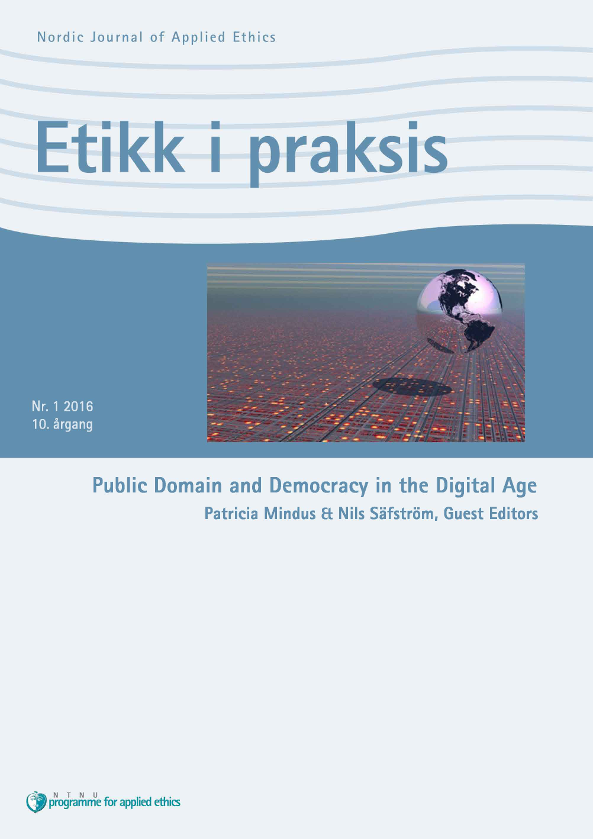Defining the public domain in economic terms: Approaches and consequences for policy
DOI:
https://doi.org/10.5324/eip.v10i1.1951Keywords:
Copyright, IP, public domain, welfare economics, innovation economics, public interest, media pluralismAbstract
Stimulating innovation and growth in the so-called ‘creative economy’ is a current policy objective for national regulators. One policy lever traditionally applied to the creative sector is intellectual property, in particular the scope and term of protection offered by copyright. Opposition to expansion and further enclosure of the copyright public domain was previously articulated in terms of access to a commons of information. Since the Hargreaves Review of Intellectual Property in 2011, copyright reform in the UK context is increasingly framed in the language of economics. This paper reviews two prevailing economic theories shaping how policy makers discuss the public domain in debates about IP reform: a welfare economics approach which weighs increases in producer and consumer surplus under different policy configurations and an economics of innovation approach which considers the value of the public domain as a reservoir of ideas for individuals and firms. I argue that economic definitions should be augmented by a consideration of the democratic requirement of access to information. The consequences of this re-figuration of the public domain for the public interest and access to information are discussed.


